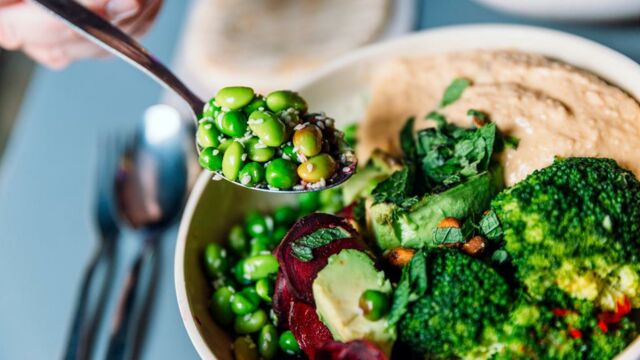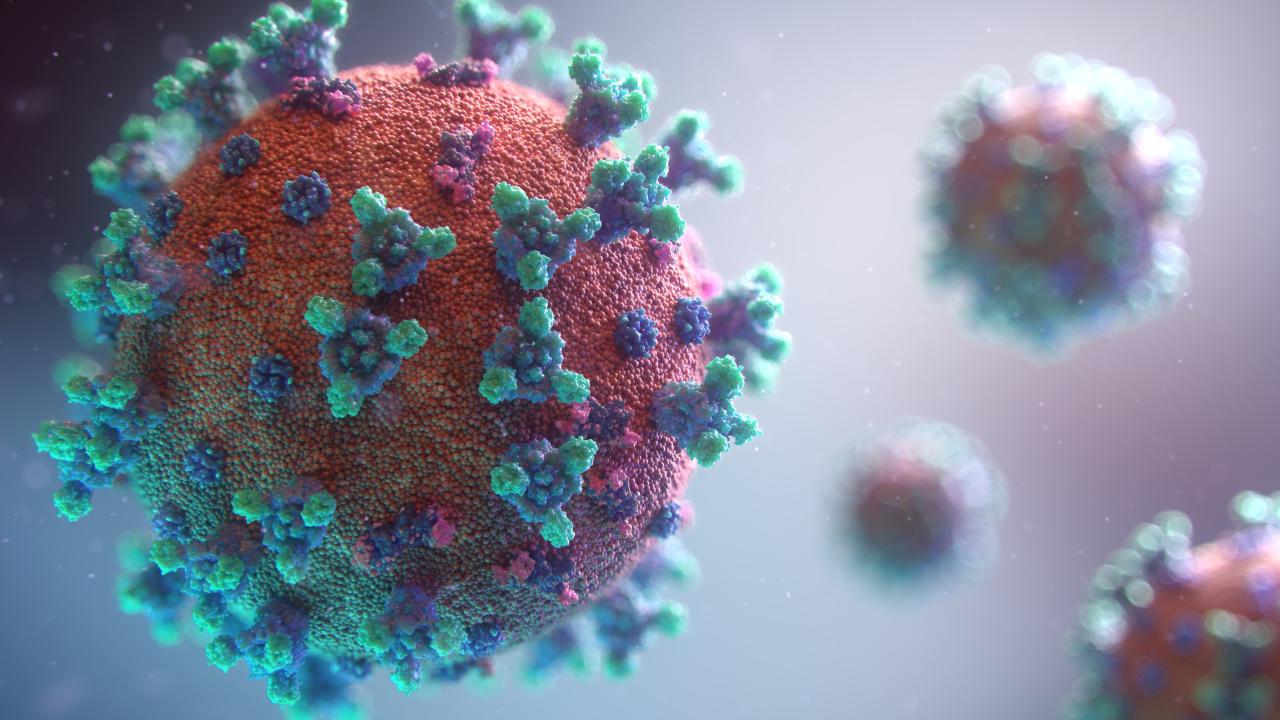A new study set out to analyse the relationship between food and coronavirus has found that vegans, vegetarians and even pescetarians are less likely to suffer from severe infection than their meat-eating counterparts.
Discover our latest podcast
Study shows plant-based diets could offer protection against severe COVID
Published in The BMJ Nutrition, Prevention and Health, the study consisted of a web-based questionnaire, asking about the diet and coronavirus severity in 568 people who had been infected with the virus and 2,316 participants who had not. The participants consisted of front-line physicians and nurses across six countries, including the UK, all with high exposure to COVID-19.
Among those infected with the virus, 138 people self-reported that they had moderate to severe symptoms, while a further 430 claimed to have suffered a mild or very mild infection.
Participants were then asked to reflect on the diet they had in the year leading up to their infection, with the ability to choose between 11 options:
- Whole foods diet, plant-based diet (vegan)
- Keto diet
- Vegetarian diet
- Mediterranian diet
- Pescetarian diet
- Palaeolithic diet (paleo)
- Low-carb diet
- Low-fat diet
- High protein diet
- Other
- None of the above
Among the participants who reported a coronavirus infection, 41 claimed to have followed a plant-based diet, while 46 fell ill after following a plant-based or pescetarian diet. The study concluded that those who followed a vegan or vegetarian diet were 73% less likely to be hit with a severe coronavirus infection. In comparison, pescetarians were 59% less likely to suffer severe illness than meat-eaters.
Authors of the study explained: ‘In six countries, plant-based diets or pescatarian diets were associated with lower odds of moderate-to-severe COVID-19.’
These dietary patterns may be considered for protection against severe COVID-19. Plant-based diets or pescatarian diets are healthy dietary patterns, which may be considered for protection against severe COVID-19.
Is there really a link between diet and coronavirus?
The question between diet and disease has been the subject of endless research over the years. But, to confirm any causal link between diet and coronavirus, more study needs to be done. Professor Gunter Kuhnle, nutrition and food science specialist at the University of Reading, revealed to The Independent:
This study attempts to answer this question, but there are a number of limitations that need to be considered: The study relied entirely on self-reporting, and a lot of data have shown that self-reported dietary intake is unreliable.
Professor Kuhnle continued to explain that asking participants to self-report their diet after being infected with coronavirus could lead to misreporting and that diets in different countries are likely to vary: ‘In this study, participants were asked about their diet after they were diagnosed with Covid-19, and this might lead to further misreporting, especially among participants who are interested in a potential link between diet and disease.’
Finally, the study has been conducted in different countries with widely different diets - a plant-based diet in Spain or Italy is likely to be different from a mainly plant-based diet in Germany or the UK.
While Professor Kuhnle’s points reveal an opportunity for further research, there’s still no harm in maintaining a plant-based diet for your health.















